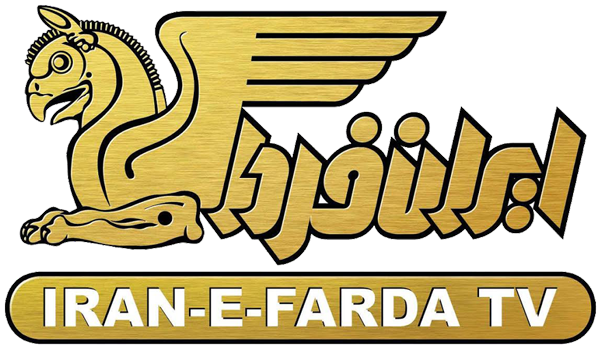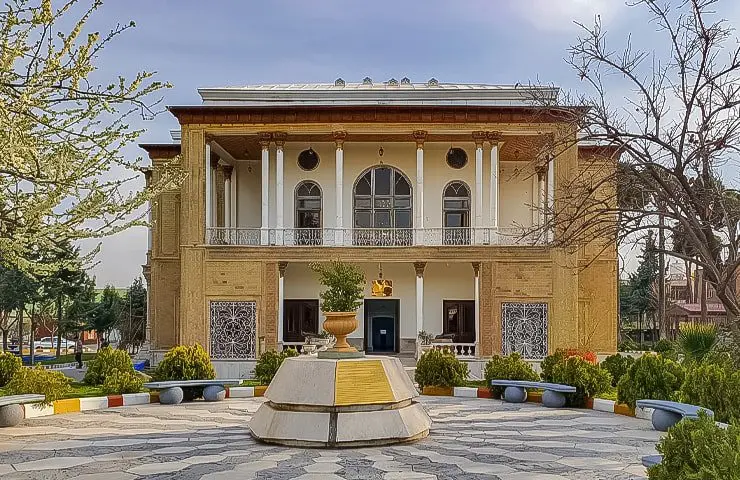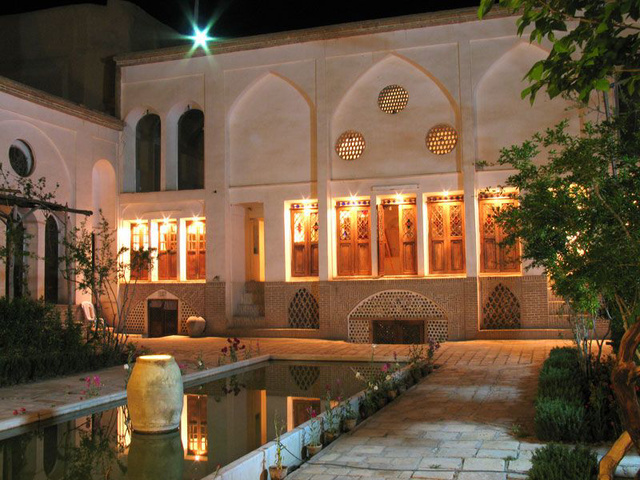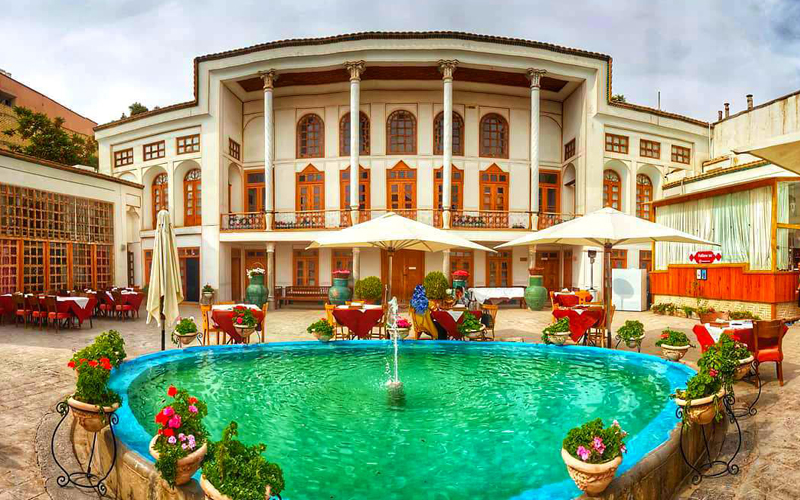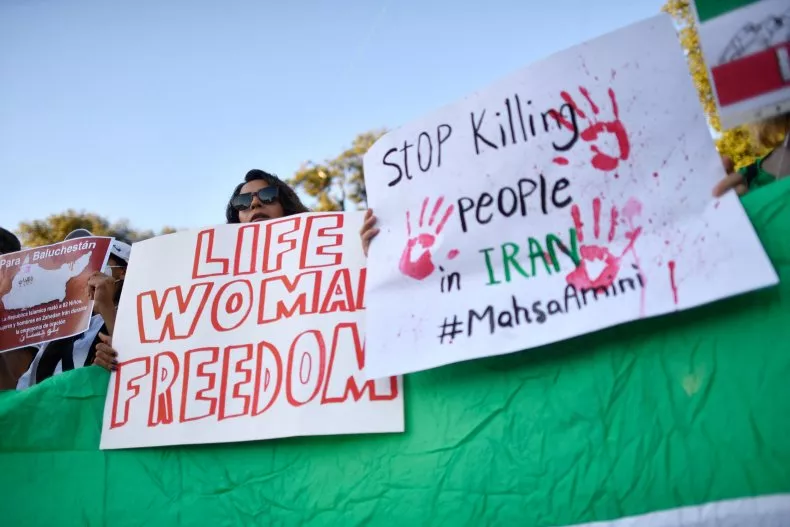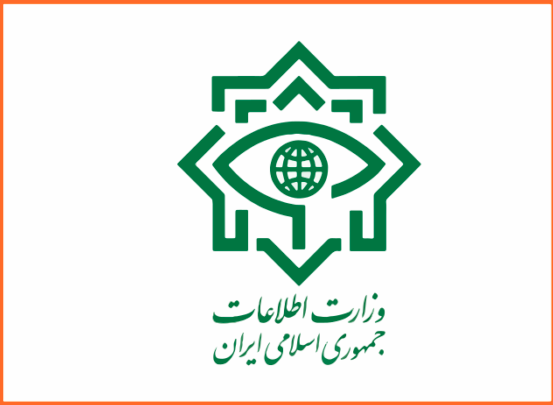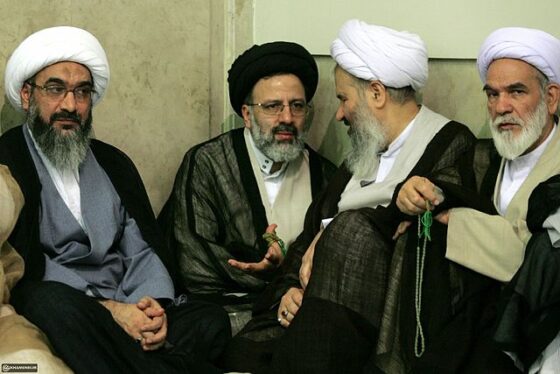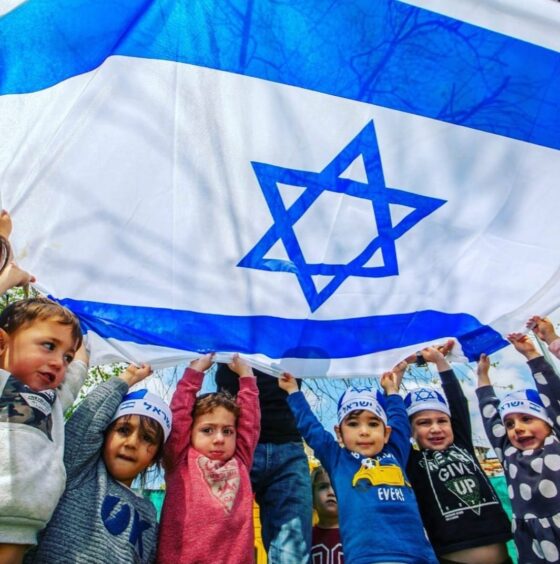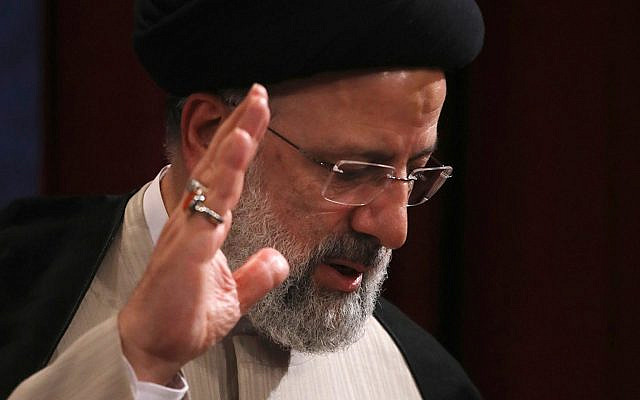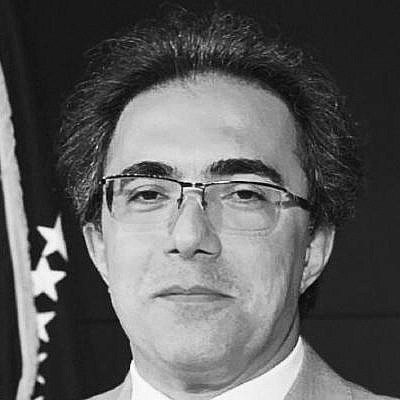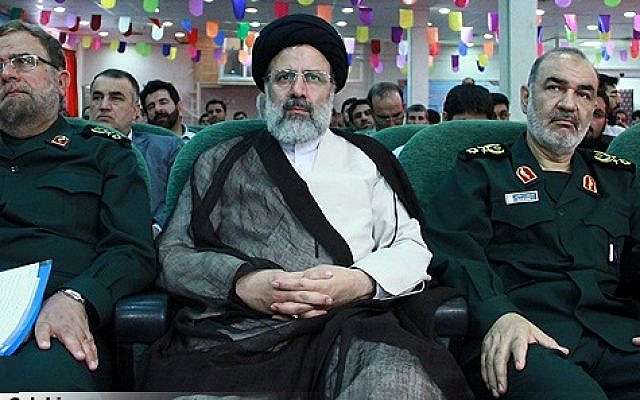Trump threatens Iran with ‘big price’ to pay over US embassy attack
Published on: 2019-12-31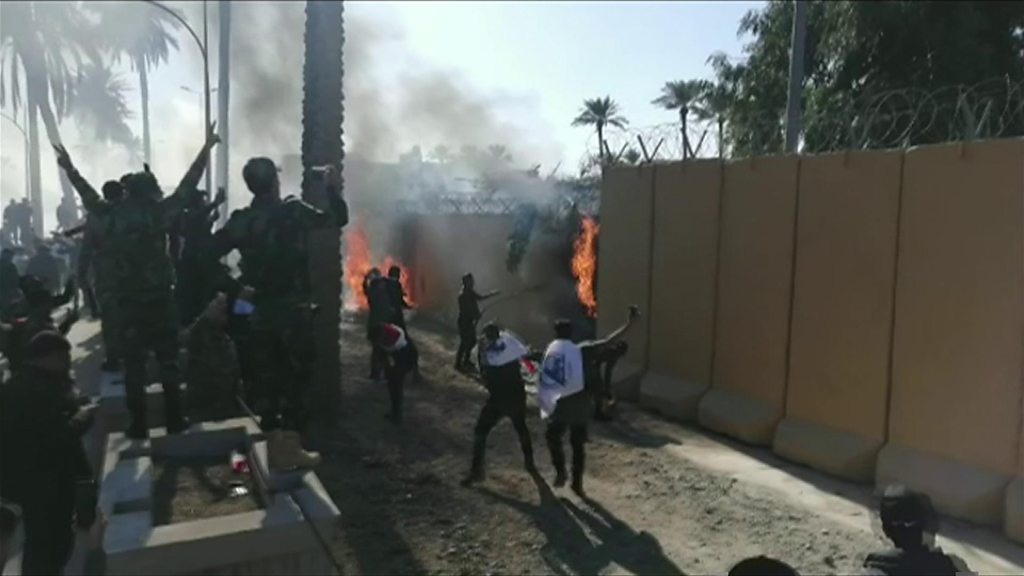
US President Donald Trump has issued a threat to Iran, after blaming the nation for an attack on the US embassy in neighbouring Iraq.
The American compound was attacked by a crowd of angry demonstrators furious over the deaths of militia members killed by US air strikes.
President Trump tweeted on New Year’s Eve that Iran “will pay a very big price” for any damage or loss of life.
“This is not a warning, it is a threat,” he said.
US defence secretary Mark Esper later announced that about 750 soldiers would immediately be deployed to the region.
“The United States will protect our people and interests anywhere they are found around the world,” he wrote in a tweet.
The angry crowd set a guard post in the street on fire and breached a reception area in the compound, forcing US troops to fire teargas on the protesters.
Iran, meanwhile, denied Mr Trump’s accusation that it had somehow orchestrated the incident, condemning the “audacity” of the claim.
The militia targeted by the US air strikes was an Iranian-backed force, the Kataib Hezbollah militia in western Iraq and eastern Syria.
At least 25 fighters died in the US bombing of their bases on Sunday, which Washington said was a retaliation for the death of an American civilian worker killed during a rocket attack on an Iraqi military base.
Iraqi Prime Minister Adel Abdul Mahdi said the strikes had violated his country’s sovereignty. The leader of the Kataib Hezbollah militia, Abu Mahdi al-Muhandis, warned that its response “would be very tough on the American forces in Iraq”.
Mr Trump has said he expects Iraqi forces to protect the embassy and its staff, and thanked Prime Minister Mahdi for the action already taken during the attack.
What happened in Baghdad?
Tuesday’s protest took place after funerals were held in Baghdad for the militia fighters who were killed in the US strikes.
Thousands of mourners – including Abu Mahdi al-Muhandis and several other senior militia and paramilitary leaders – marched towards the heavily-fortified Green Zone, where many Iraqi government offices and foreign embassies are located.
They were allowed by Iraqi security forces to enter the zone and gather on a street outside the US embassy compound.
“This embassy has been proved to be an embassy of plotting against Iraq,” said Qais al-Khazali, head of the Asaib Ahl al-Haq militia.
Waving Kataib Hezbollah and other militia flags, and chanting anti-American slogans, the protesters threw stones at the compound’s main gate, pulled down security cameras, attacked empty guard posts, and started fires.
The situation later escalated when the compound’s wall was breached.
According to the Associated Press news agency, a gate was smashed open and dozens of people pushed about 5m (16ft) into a corridor leading to the main embassy building, before being forced to retreat by tear gas fired by US troops.
A US official told CBS News that the compound had not been breached but that protesters had scaled a wall with a ladder and get into a reception area outside it.
Iraqi soldiers and riot police were reportedly later deployed in the area and the protest died down as night fell.
Fifty people were treated for tear-gas inhalation at hospitals in Baghdad, a health ministry source told the BBC.
None of the embassy staff were evacuated, but they are now on lockdown, CBS reported. Ambassador Matthew Tueller was outside Iraq for a previously scheduled holiday and was reportedly returning to the embassy.
What was the reaction?
Hours after the protest began, Prime Minister Abdul Mahdi called on people to leave the area around the US embassy.
“Any attack on or harassment of embassies and foreign delegations are acts that will be firmly prevented by security forces and severely punished by the law,” he said.
President Trump tweeted: “Iran killed an American contractor, wounding many. We strongly responded, and always will. Now Iran is orchestrating an attack on the US Embassy in Iraq. They will be held fully responsible. In addition, we expect Iraq to use its forces to protect the Embassy.”
There was no immediate response from the Iranian government.
Defence Secretary Mark Esper later said soldiers from the 82nd Airborne Division would be deployed on the orders of the president.
The deployment of the roughly 750 men is “an appropriate and precautionary action taken in response to increased threat levels against US personnel,” he said.
Kataib Hezbollah meanwhile called for protests outside the embassy until it was closed and the ambassador was expelled from Iraq, news website Al-Sumaria said.
Why did the US target Kataib Hezbollah?
The US said the militia had carried out repeated attacks on Iraqi bases that host US-led coalition forces fighting the Islamic State (IS) group.
In response, it added, US forces conducted “precision defensive strikes” on Sunday against five facilities, including weapon stores and command and control locations, that would degrade its ability to conduct future attacks.
Since 2009, the US has designated Kataib Hezbollah as a terrorist organisation and listed Abu Mahdi al-Muhandis as a “global terrorist”.
The defence department said the militia had a “strong linkage” with Iran’s Quds Force, the overseas operations arm of the Islamic Revolution Guard Corps (IRGC), and had “repeatedly received lethal aid and other support from Iran”.
